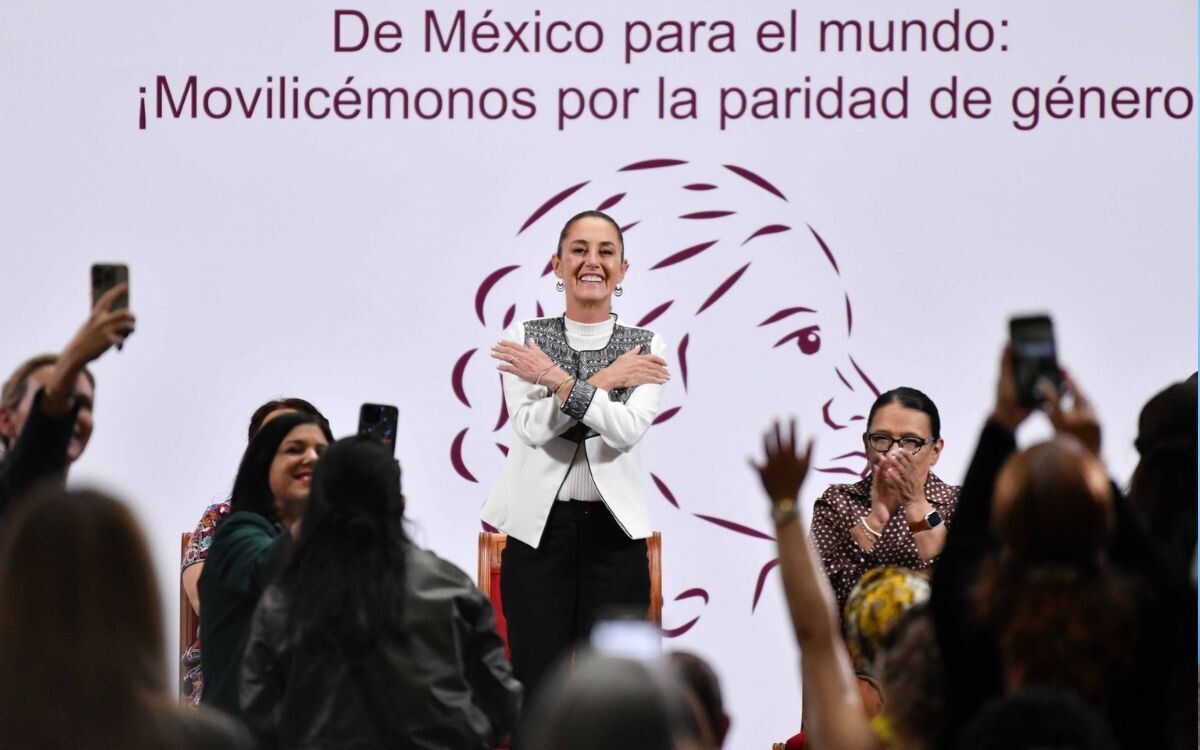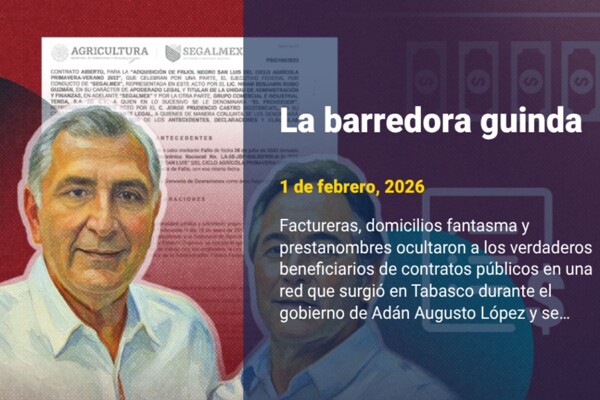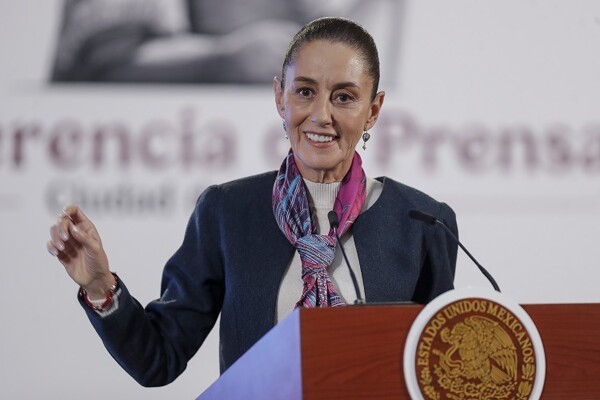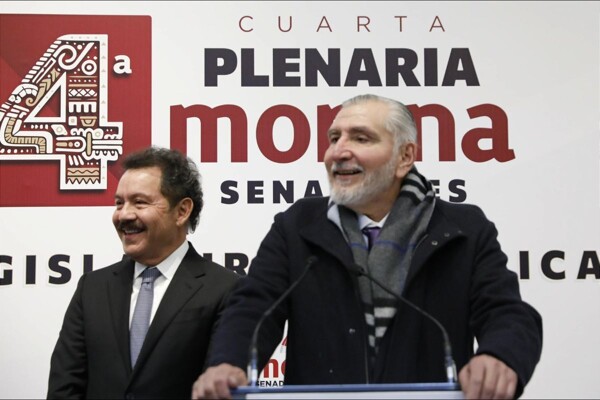
Claudia Sheinbaum, president of Mexico, highlighted gender parity in federal and state congresses, indicating that starting in September there will also be parity in the country's judiciary. Currently, 13 of the 32 entities are governed by women, and parity is expected to be achieved soon in political parties and municipal presidencies.
She emphasized that her commitment since the presidential campaign was to include women from diverse sectors, including indigenous groups, Afro-descendants, housewives, domestic workers, police officers, lawyers, engineers, teachers, and doctors. She highlighted that the fight of women is crucial in the pursuit of rights and justice, promoting constitutional reform initiatives to achieve substantial equality and eradicate gender violence.
Sheinbaum declared that her first year in office would focus on indigenous women, acknowledging their historical discrimination. On the other hand, Tulia Jackson, president of the UIP and the National Assembly of Tanzania, praised Sheinbaum's election and the example of parity that Mexico is showing. She highlighted the progress of Latin America in gender equality, emphasizing the role of women in the region's parliaments.
Jackson expressed concern about the persistence of patriarchal structures in the world and the fragility of the progress made. She emphasized the importance of institutions sensitive to gender issues and equitable spaces for full female participation. Parity, she noted, should not be negotiable and promoted a global commitment to gender equality.
At the UIP World Conference of Women Parliamentarians, Sheinbaum urged women to combat classism, machismo, and any form of discrimination, not only in parliaments but in all public spheres. She highlighted the relevance of knowing and defending women's rights in their entirety and pointed out Mexico as an international example of gender parity.














